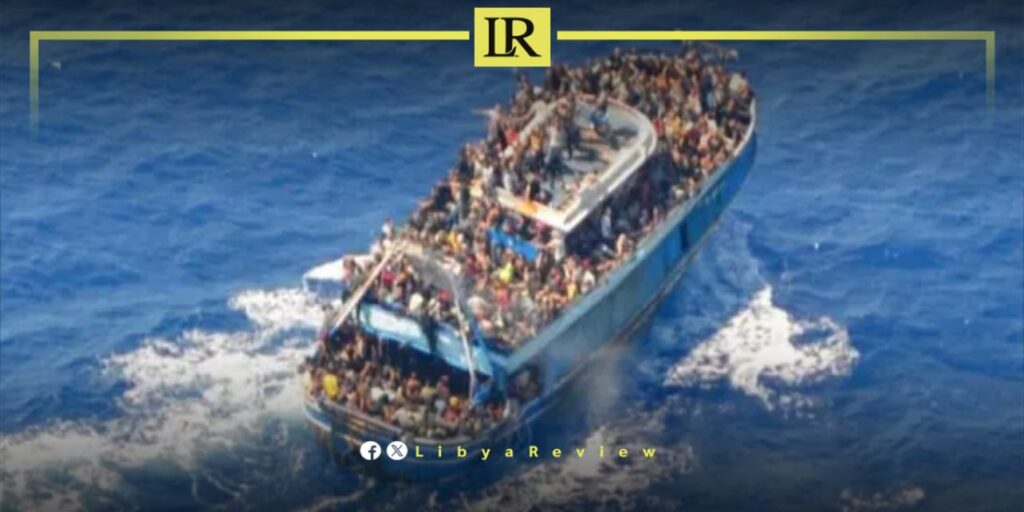The International Organization for Migration (IOM) reports that 635 migrants—including 32 women and 20 children—were intercepted at sea by the Libyan coastguard and returned to Libya between 8 and 14 June 2025 .
The tragic tally includes five recovered bodies, underscoring the dangers of the Central Mediterranean route. The IOM provided emergency medical assistance and lifesaving support to returnees upon disembarkation.
A Worsening Trend
So far this year, 10,634 migrants have been intercepted and returned, while 249 others have died and 226 remain missing on the perilous sea crossing.
Since Muammar Gaddafi’s 2011 fall, Libya has been a major transit hub. Migrants—especially from sub-Saharan Africa—often attempt to cross to Europe despite high risks.
Upon their return, most migrants are detained in Libya’s overcrowded reception centres, where persistent concerns over inhuman conditions prompt repeated calls for reform.
Humanitarian and Legal Pressures
Humanitarian agencies like the IOM and UNHCR have denounced returns to Libya, citing systemic rights violations in transit centres, including torture, forced labor, and sexual violence.
The European Union’s cooperation with the Libyan coastguard—funding and training—has also drawn criticism amid reports of abuse of intercepted migrants.
Calls for Change
Advocates call for alternatives to Libya’s current approach:
Designating alternative safe disembarkation points
Strengthening humanitarian reception infrastructure
Expanding voluntary return mechanisms and resettlement pathways
“Libya cannot be considered a safe port,” the IOM reiterated amid ongoing interceptions.
Libya has been in chaos since a NATO-backed uprising toppled longtime leader Muammar Gaddafi in 2011. The county has for years been split between rival administrations.
Libya’s economy, heavily reliant on oil, has suffered due to the ongoing conflict. The instability has led to fluctuations in oil production and prices, impacting the global oil market and Libya’s economy.
The conflict has led to a significant humanitarian crisis in Libya, with thousands of people killed, and many more displaced. Migrants and refugees using Libya as a transit point to Europe have also faced dire conditions.
The planned elections for December 2021 were delayed due to disagreements over election laws and the eligibility of certain candidates. This delay has raised concerns about the feasibility of a peaceful political transition.
Despite the ceasefire, security remains a significant concern with sporadic fighting and the presence of mercenaries and foreign fighters. The unification of the military and the removal of foreign forces are crucial challenges.


